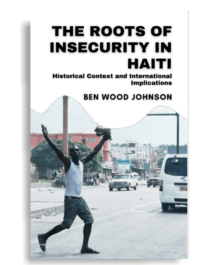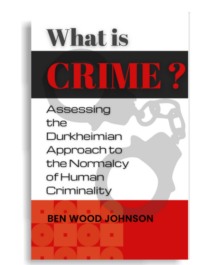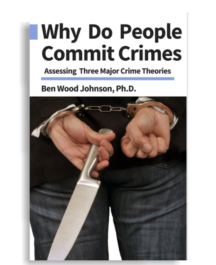Showing all 5 results
Comment combattre le kidnapping en Haïti
$ 170.00Depuis l’été de 2018, Haïti vit sous l’ombre menaçante des gangs armés. Certains se distinguent par leur brutalité envers le peuple. Véritables mercenaires, ils sont prêts à commettre des exactions graves. Leur présence instaure une atmosphère de peur palpable dans tout le pays.
Kidnapping en Haïti
$ 95.98Compilé et largement édité par un policier non-actif de la Police Nationale d’Haïti, le livre « Kidnapping en Haïti » se concentre sur les problèmes historiques, les obstacles contemporains et d’importants problèmes administratifs, qui caractérisent l’histoire des enlèvements en Haïti.
The Roots of Insecurity in Haiti
$ 12.98The book “The Roots of Insecurity in Haiti” offers a critical examination of the nation’s persistent struggles with social chaos and political anarchy. It explores how internal conflicts and political strife have led to a state of violence, with rampant organized crime and weakened law enforcement.
What is Crime
$ 4.98In “What is Crime: Assessing the Durkheimian Approach to the Normalcy of Human Criminality,” readers embark on an intellectual journey through the complex landscape of criminology. The book critically examines historical and contemporary perspectives on crime, challenging traditional views that see it as an intrinsic evil or a byproduct of environmental factors.
Why Do People Commit Crimes
$ 4.99This book examines three dominant crime theories (Biological theory of crime, Neighborhoods and crime, and Moral panic). The biological theory of crime posits that criminals are born, not made. The concept of neighborhoods and crime theory claims that where one lives determines likelihood of criminality.





